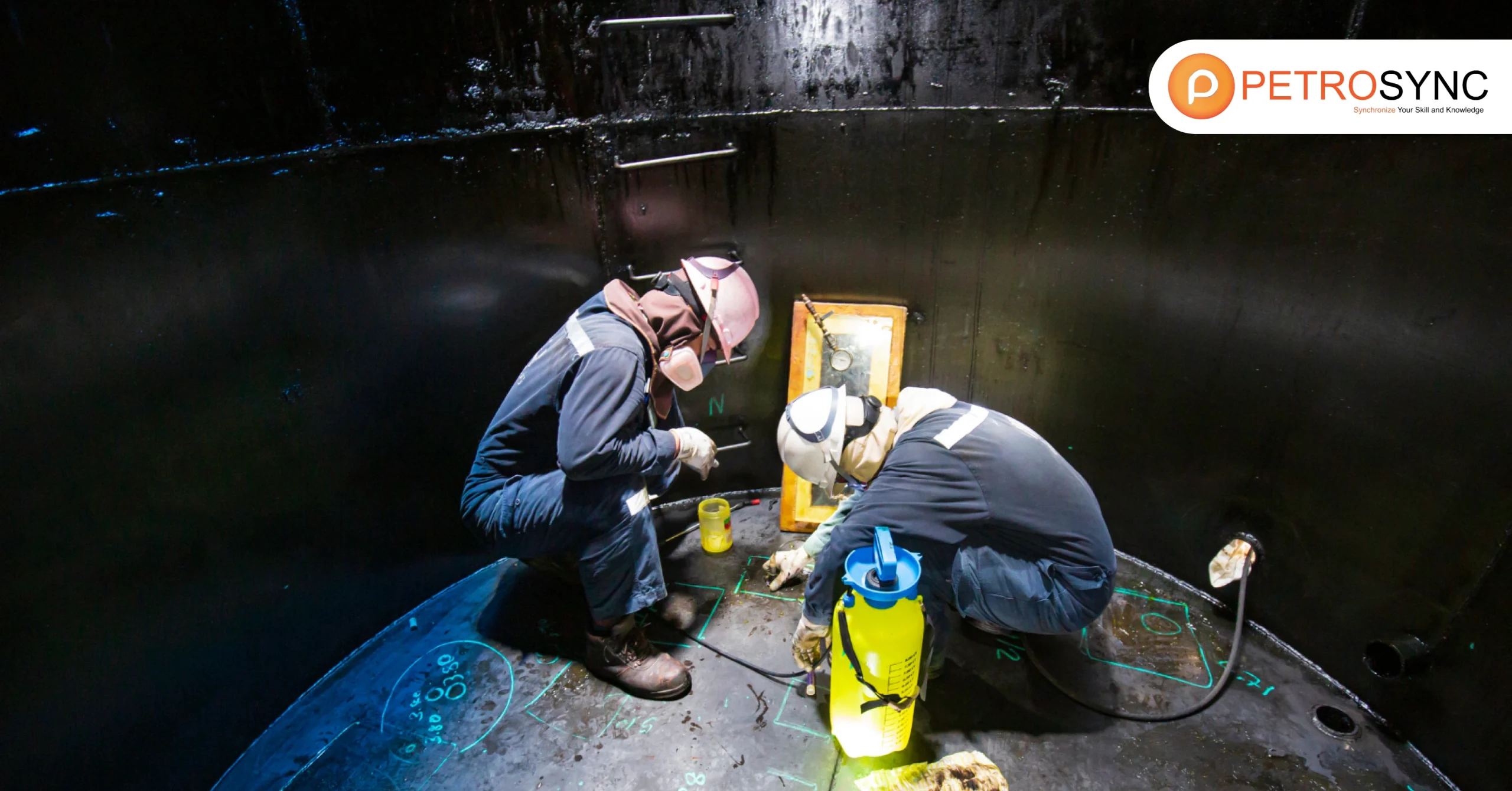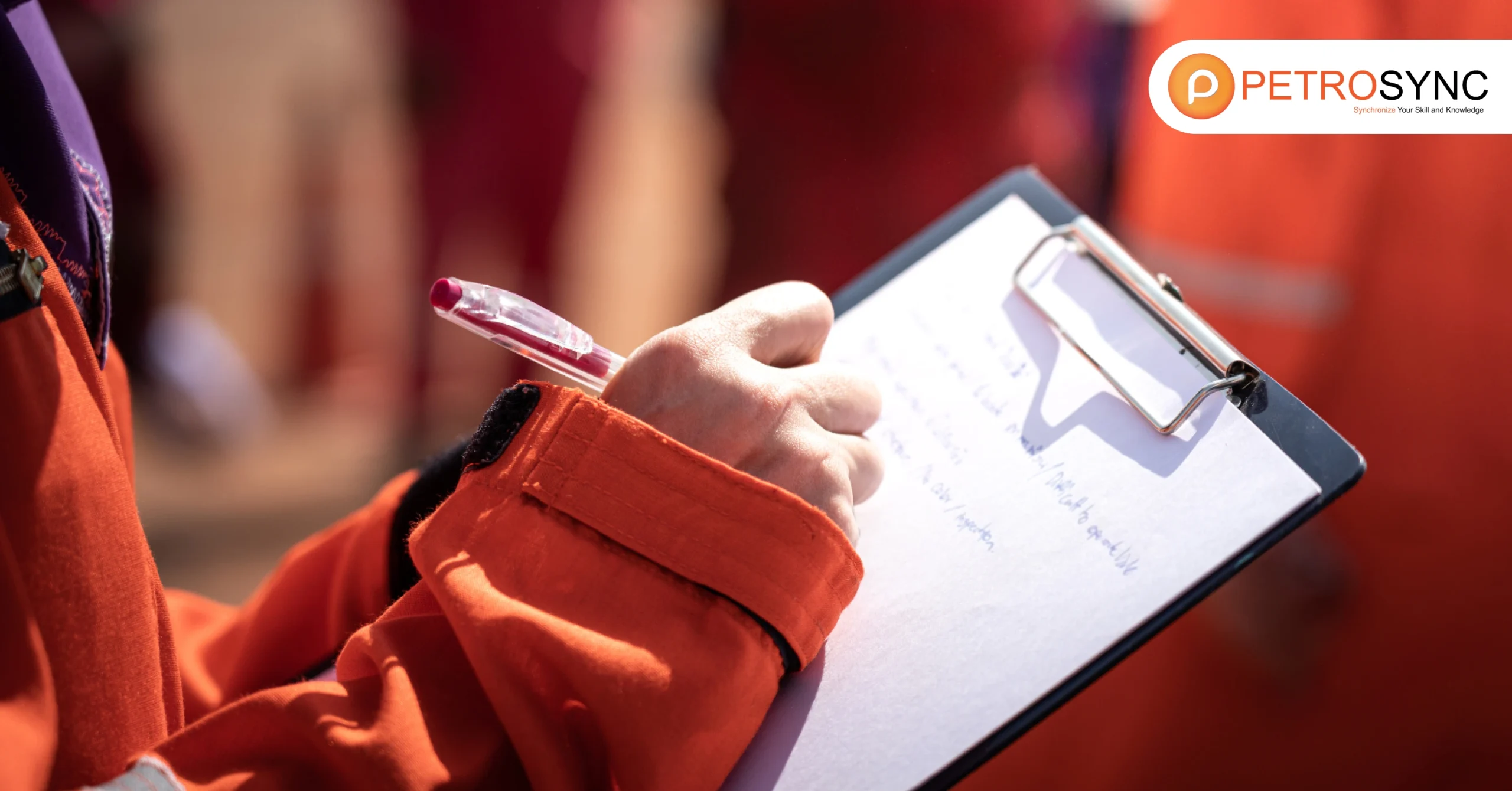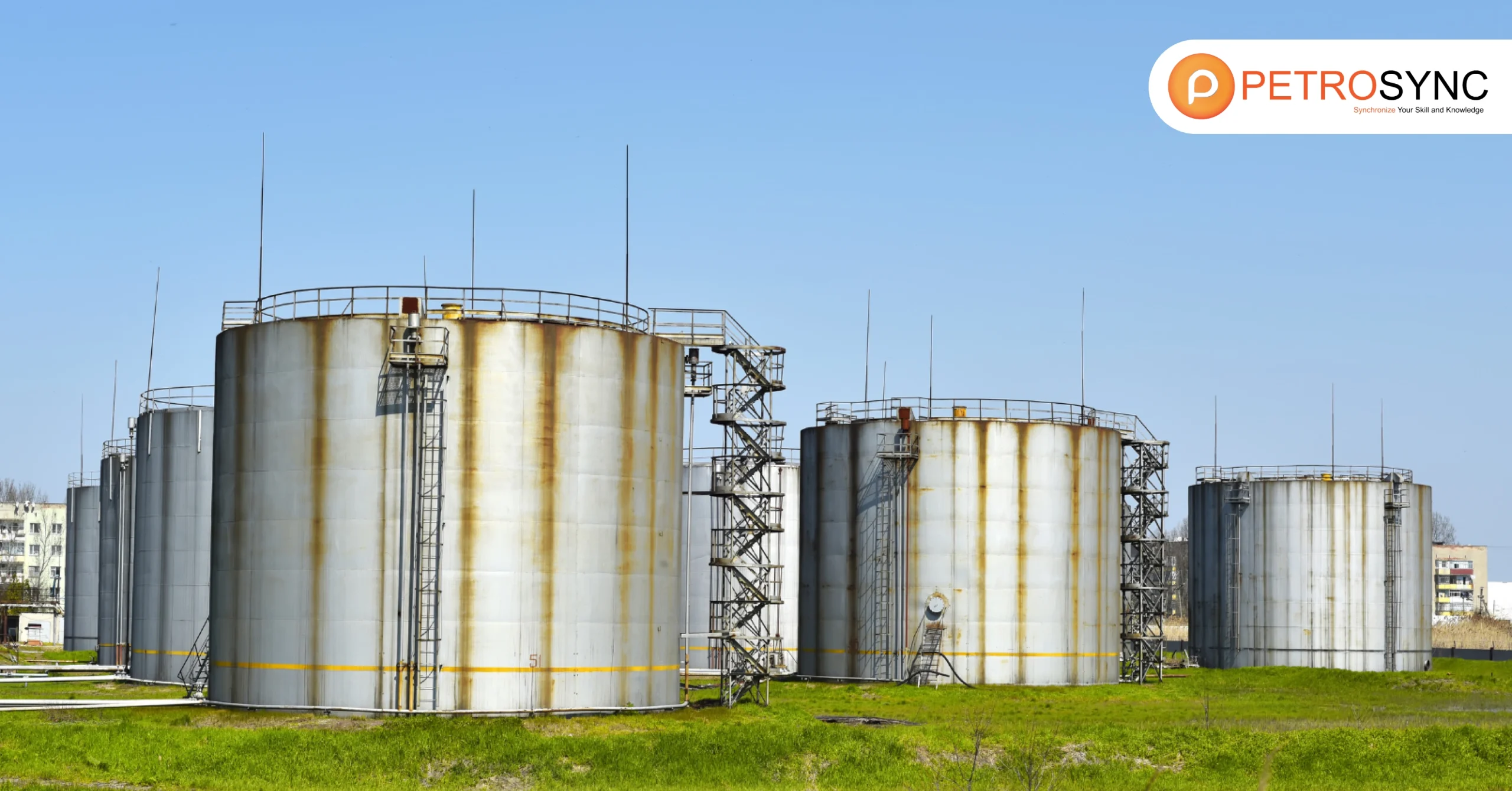In high-risk industries, the role of a Reliability Engineer remains vital for ensuring the consistent performance and safety of critical assets. As we go deep into this article on reliability training, we will explore the essential skills and knowledge required for this essential role. From understanding mechanical and electrical systems to optimizing processes and implementing reliability improvements, reliability engineers play a crucial part in preventing failures, reducing downtime, and ultimately, safeguarding operations.
What Does A Reliability Engineer Do?
A reliability engineer is a manufacturing and production specialist who studies equipment life cycles and performs analyses to inform how a business invests in and maintains assets, ensuring that products, systems, or processes function consistently and reliably over time.
They analyze data, identify potential issues, and implement solutions to prevent failures or breakdowns. Their main goal is to improve the overall reliability and performance of assets, reducing downtime and maintenance costs. Reliability engineers often work closely with other teams, such as design, maintenance, and production, to achieve these objectives and uphold quality standards.
How Is The Work Environment of A Reliability Engineer?
The work environment of a reliability engineer typically involves a combination of office-based tasks and hands-on activities in industrial settings. You may spend time analyzing data, conducting simulations, and collaborating with colleagues in office spaces. Additionally, you will likely be involved in fieldwork, where you will inspect equipment, troubleshoot issues, and oversee maintenance activities on-site.
Depending on the industry, you might work in manufacturing plants, refineries, power plants, or other industrial facilities. The work can be both challenging and rewarding, requiring attention to detail, problem-solving skills, and the ability to work effectively both independently and as part of a team.
Are Reliability Engineers in Demand?
Yes, reliability engineers are in high demand across various industries. As companies strive to optimize productivity, minimize downtime, and ensure the longevity of their assets, the need for skilled professionals who can enhance reliability and efficiency is growing.
Industries such as manufacturing, energy, aerospace, and automotive rely heavily on reliability engineers to maintain and improve their operations. With advancements in technology and increasing emphasis on preventive maintenance and asset management, the demand for reliability engineers is expected to continue rising in the foreseeable future.
How Much A Reliability Engineer Can Earn?
According to data from ZipRecruiter, plant reliability engineer jobs can pay between $79,500 to $85,500 per year. This salary range reflects the earnings of a significant portion of professionals in this field.
Keep in mind that actual earnings may vary depending on factors such as location, level of experience, and the specific industry or company you work for. With the demand for reliability engineers on the rise, there may be opportunities for advancement and higher salaries as you gain experience and expertise in the field.
What Are The Subdisciplines of a Reliability Engineer?
Plant reliability engineering encompasses various subdisciplines, each focusing on different aspects of ensuring the dependable operation of industrial plants and equipment. These subdisciplines include:
1. Maintenance Engineering
Involves developing and implementing maintenance strategies to prevent equipment failures and optimize maintenance activities.
2. Condition Monitoring
Utilizes techniques such as vibration analysis, thermography, and oil analysis to assess the health of machinery and detect potential issues before they lead to breakdowns.
3. Risk Assessment
Involves identifying and evaluating risks associated with equipment failures and developing strategies to mitigate them.
4. Root Cause Analysis
Investigates the underlying causes of equipment failures to prevent recurrence and improve overall reliability.
5. Asset Management
Asset management focuses on optimizing the lifecycle management of plant assets, including procurement, operation, maintenance, and disposal, to maximize value and reliability.
6. Reliability Centered Maintenance (RCM)
A systematic approach to maintenance planning that prioritizes critical equipment and identifies the most effective maintenance tasks to ensure reliability.
7. Failure Mode and Effects Analysis (FMEA)
FMEA analyzes potential failure modes of equipment and their potential consequences to prioritize mitigation efforts and improve reliability.
These sub disciplines work together to form a comprehensive approach to plant reliability engineering, aimed at ensuring the efficient and uninterrupted operation of industrial facilities.
What Is The Qualification of A Reliability Engineer?
To become a reliability engineer, you typically need a Bachelor’s or Master’s Degree in several majors below.
1. Bachelor’s or Master’s Degree in Mechanical Engineering
A degree in Mechanical Engineering provides a solid foundation in understanding mechanical systems, principles, and design strategies. you will learn about how machines work, materials science, and manufacturing processes, which are essential for analyzing and improving the reliability of mechanical components and equipment.
2. Bachelor’s or Master’s Degree in Electrical Engineering
A degree in Electrical Engineering focuses on the intricacies of electrical systems, circuit design, and power systems. This knowledge is crucial for understanding the electrical aspects of machinery and equipment, allowing you to troubleshoot electrical issues and implement reliability improvements effectively.
3. Bachelor’s or Master’s Degree in Industrial Engineering
A degree in Industrial Engineering offers insights into optimizing processes and improving overall operational efficiency. you will learn about process analysis, supply chain management, and quality control, which are valuable skills for identifying opportunities to enhance reliability within industrial environments.
4. Required Certifications
In addition to degrees, certifications like CMRP (Certified Maintenance & Reliability Professional) or CRE (Certified Reliability Engineer), or additional knowledge of RCM (Reliability Centered Maintenance) and ISO 55000 Asset Management can further validate your expertise in reliability engineering. These certifications demonstrate your commitment to professional development and provide specialized knowledge and skills relevant to the field.
As you navigate the complexities of your role, staying updated with the latest industry practices is crucial. PetroSync offers maintenance and reliability training programs designed specifically for professionals like you. These programs cover a wide range of essential topics and provide practical insights and hands-on learning experiences. From CMRP training, CRE training, RCM training, ISO 55000 training, to RCA training, we got you covered.
By enrolling in PetroSync‘s training programs, you will gain valuable knowledge and tools that will enhance your skills and confidence as a reliability engineer. Invest in your career growth and effectiveness by joining PetroSync’s training program today.
Credit Header Image: Freepik

SEO specialist by day, fact-checker by night. An avid reader and content writer dedicated to delivering accurate and engaging articles through research and credible sources.






